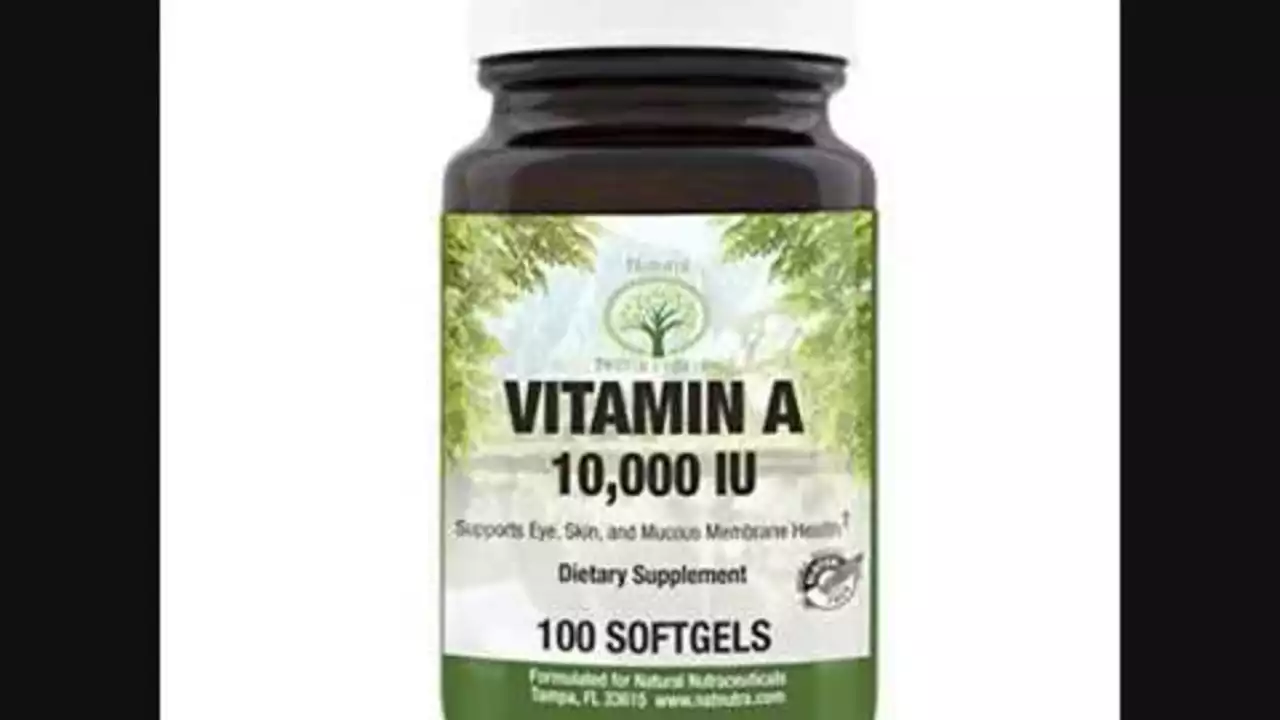Natural Dietary Supplement — How to Choose Safe, Effective Options
Want a natural dietary supplement that actually helps and doesn’t waste money? Start by treating supplements like medicine, not candy. A few smart checks will cut risk and boost the chance you’ll see real benefits.
How to pick a quality supplement
First, read the label closely. Look for exact doses (milligrams or micrograms), active ingredients, and any allergens. Prefer products with third‑party testing seals from organizations like USP, NSF, or ConsumerLab—those reduce the chance of contamination or fake potency.
Next, find evidence. Search for human clinical trials, not just marketing claims. For example, several trials show curcumin can lower inflammation markers, and omega‑3 supplements have consistent data for heart health. If a brand only offers testimonials, move on.
Check interactions. Many natural ingredients affect medications. St. John’s wort can reduce levels of some antidepressants and birth control; omega‑3s can thin blood when combined with blood thinners. Ask your pharmacist or doctor before starting anything new.
Buy from trusted sources. Avoid unknown online shops with suspiciously low prices. Your local pharmacy or reputable online pharmacies (the ones that require a business address and clear contact info) are safer. If you see a site selling prescription drugs as supplements, that’s a red flag.
Top natural options and when they help
Curcumin (from turmeric): Good for mild inflammatory conditions. Look for formulations with improved absorption (piperine or phytosome). Typical effective doses in trials range from 500–2,000 mg of standardized extract, but follow product guidance and your clinician’s advice.
Quercetin: A plant flavonoid with anti‑inflammatory and antioxidant effects. It may help seasonal allergy symptoms and support recovery from mild inflammation. Choose a product with clear dosing and avoid mixing with blood thinners.
Omega‑3 (EPA/DHA): Strong evidence for heart and brain benefits. Aim for products that list EPA and DHA amounts separately; 1,000 mg combined daily is a common starting point for general health, higher for targeted therapy under medical advice.
Gamma oryzanol: Used by some for weight and performance. Research is mixed, so treat it as supportive, not a primary treatment. If you’re an athlete, check competition rules for supplement sourcing.
Lemon eucalyptus extracts: Trending as a wellness supplement in 2024 for immune and skin support. Use carefully and follow dosing—new products often lack long-term safety data.
Final quick rules: buy tested brands, check ingredient doses, watch drug interactions, and ask a pro if you’re pregnant, nursing, or on regular medication. A good supplement can help, but the right choice comes from checking facts and common sense.

